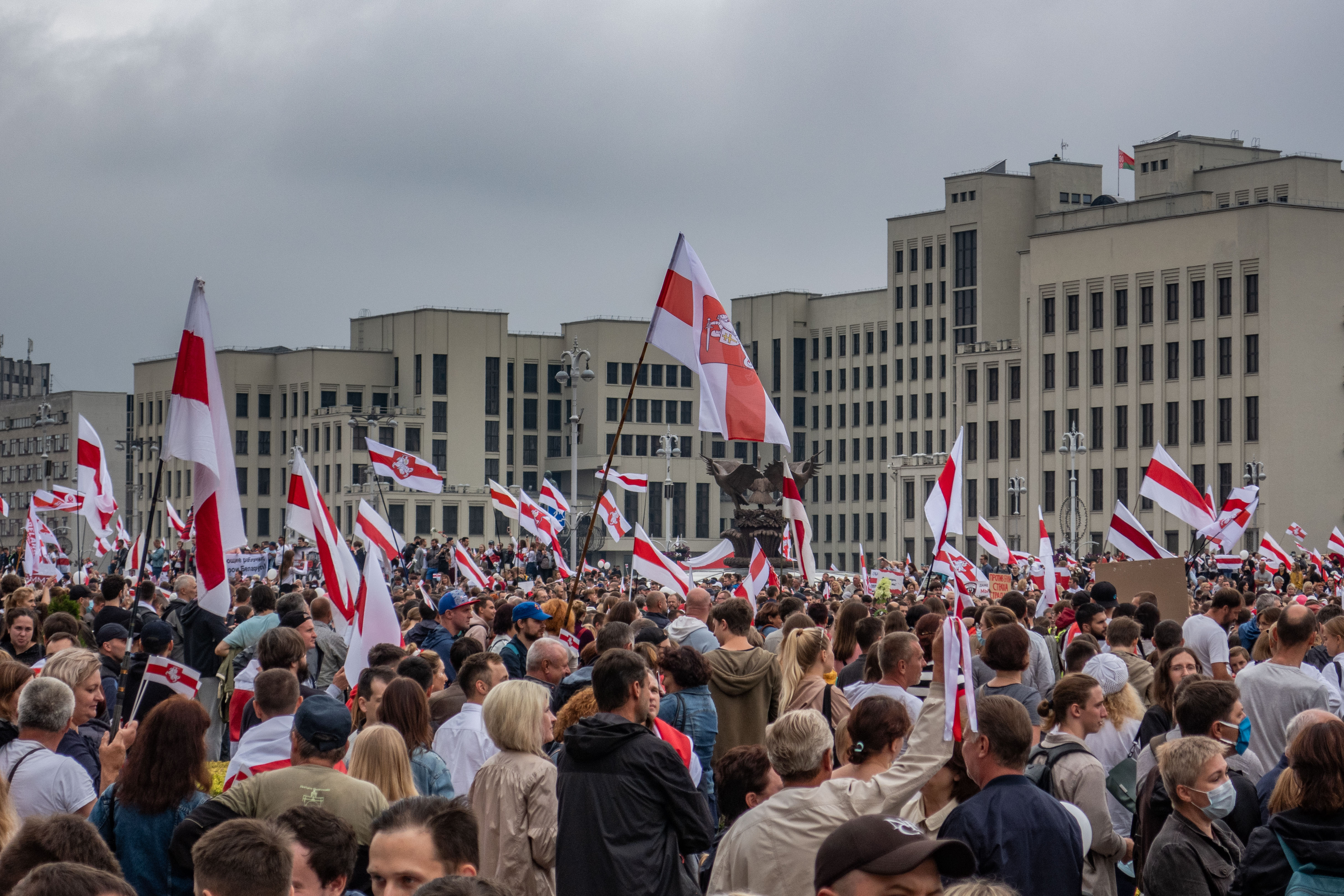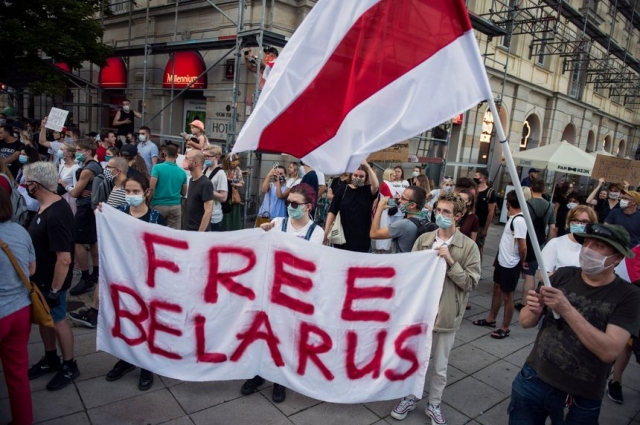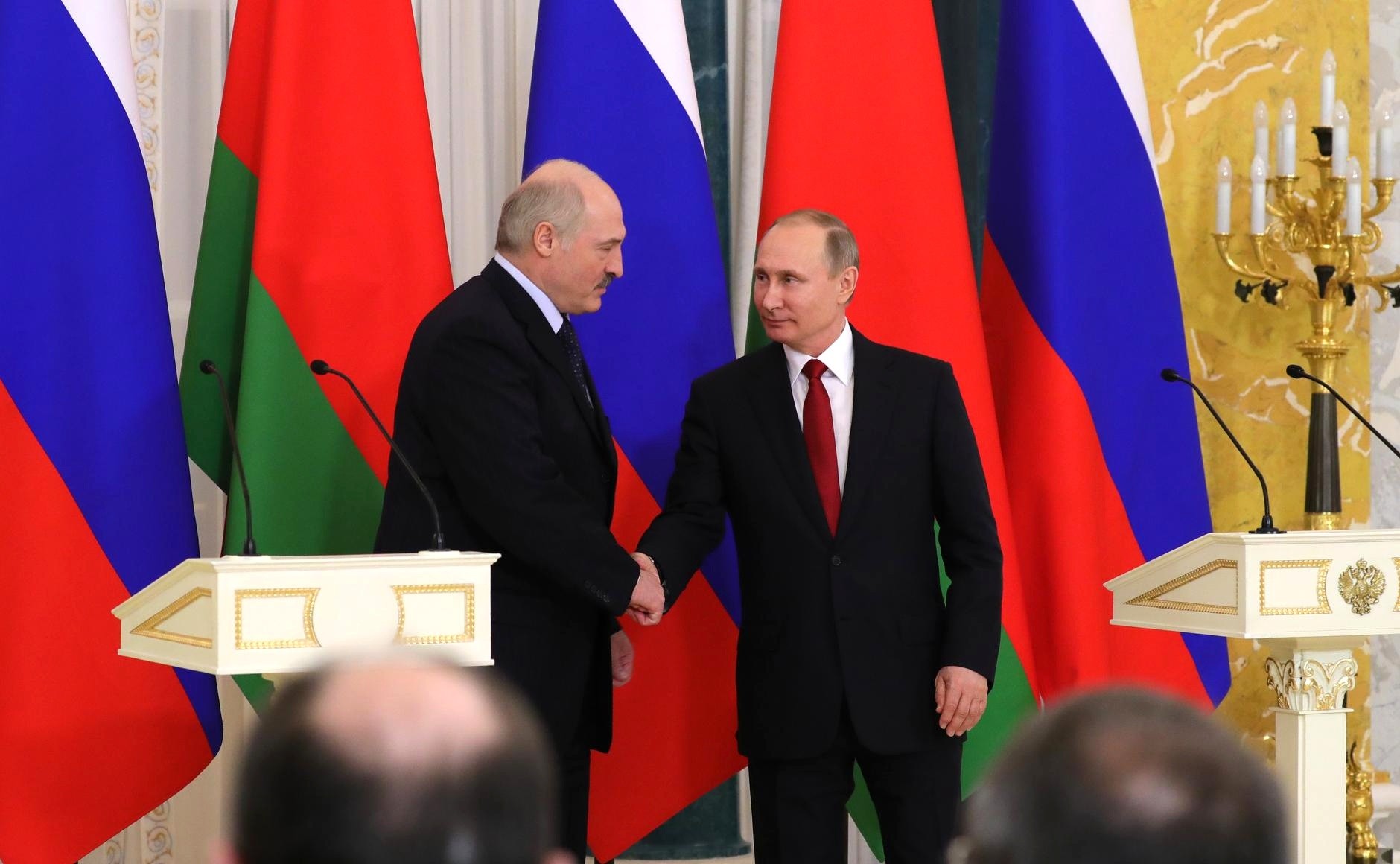As Belarus Descends into Turmoil, the West Should Bolster its Readiness
Belarus seldom registers in the international press during normal times, but while years like 2020 are not so unprecedented, this certainly is not a normal year. Since President Aleksandr Lukashenko was declared the winner of the fraudulent presidential elections on August 9, the country has spiraled into civil unrest and authoritarian repression, and the headlines keep coming like a stampede. While no one was surprised by the announced outcome of the election, most analysts would not have predicted that Belarus would be launched headlong into a persistent crisis.






